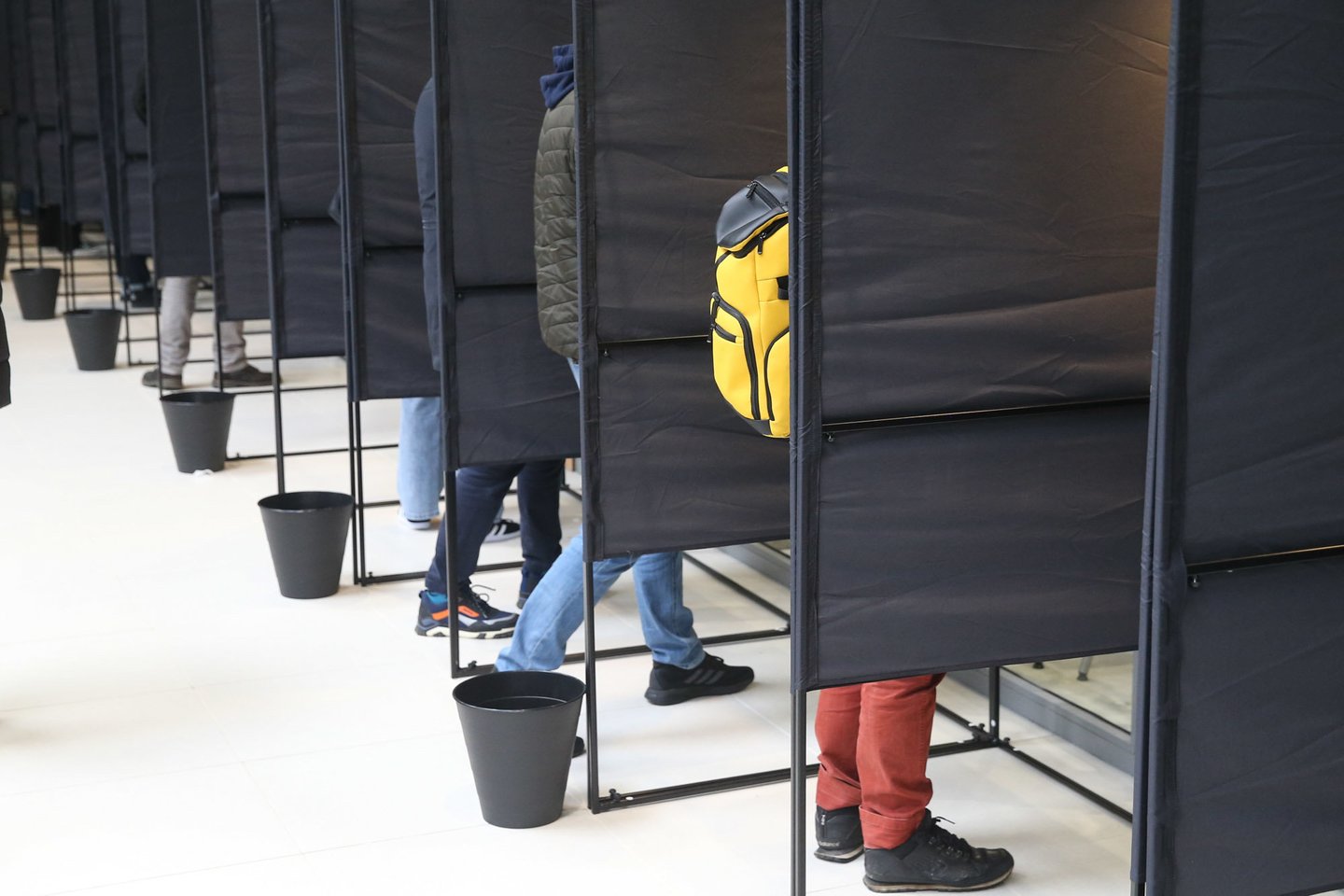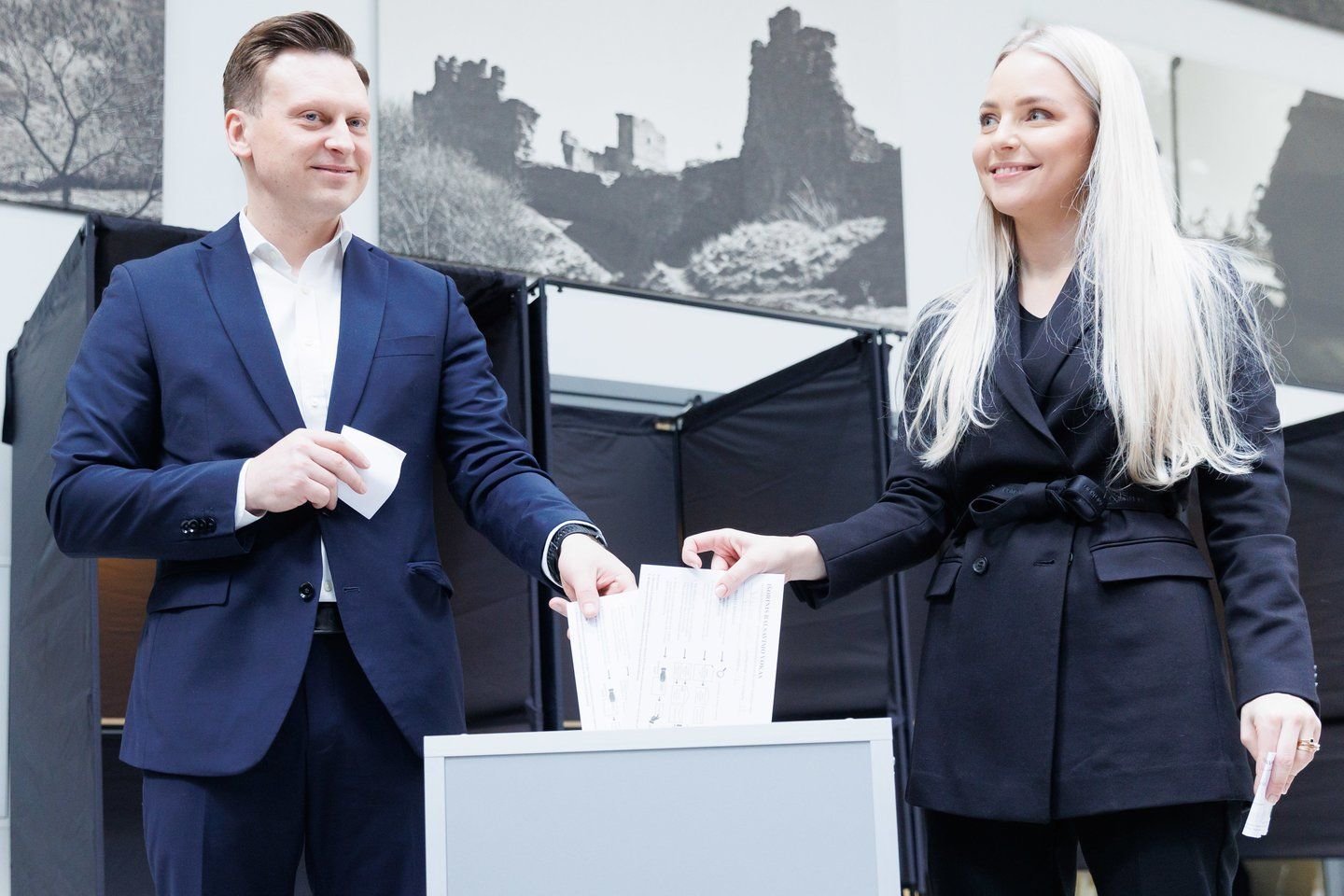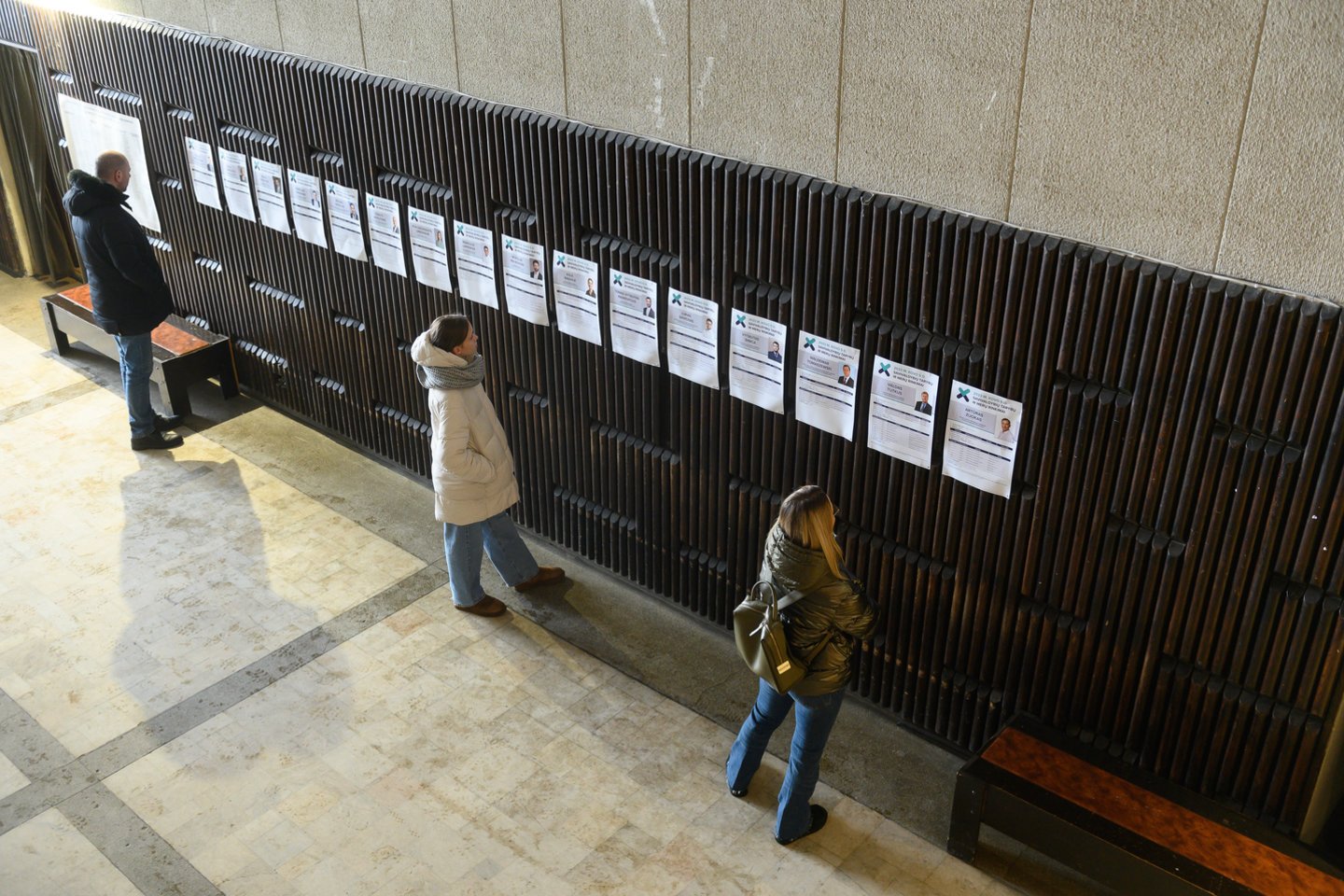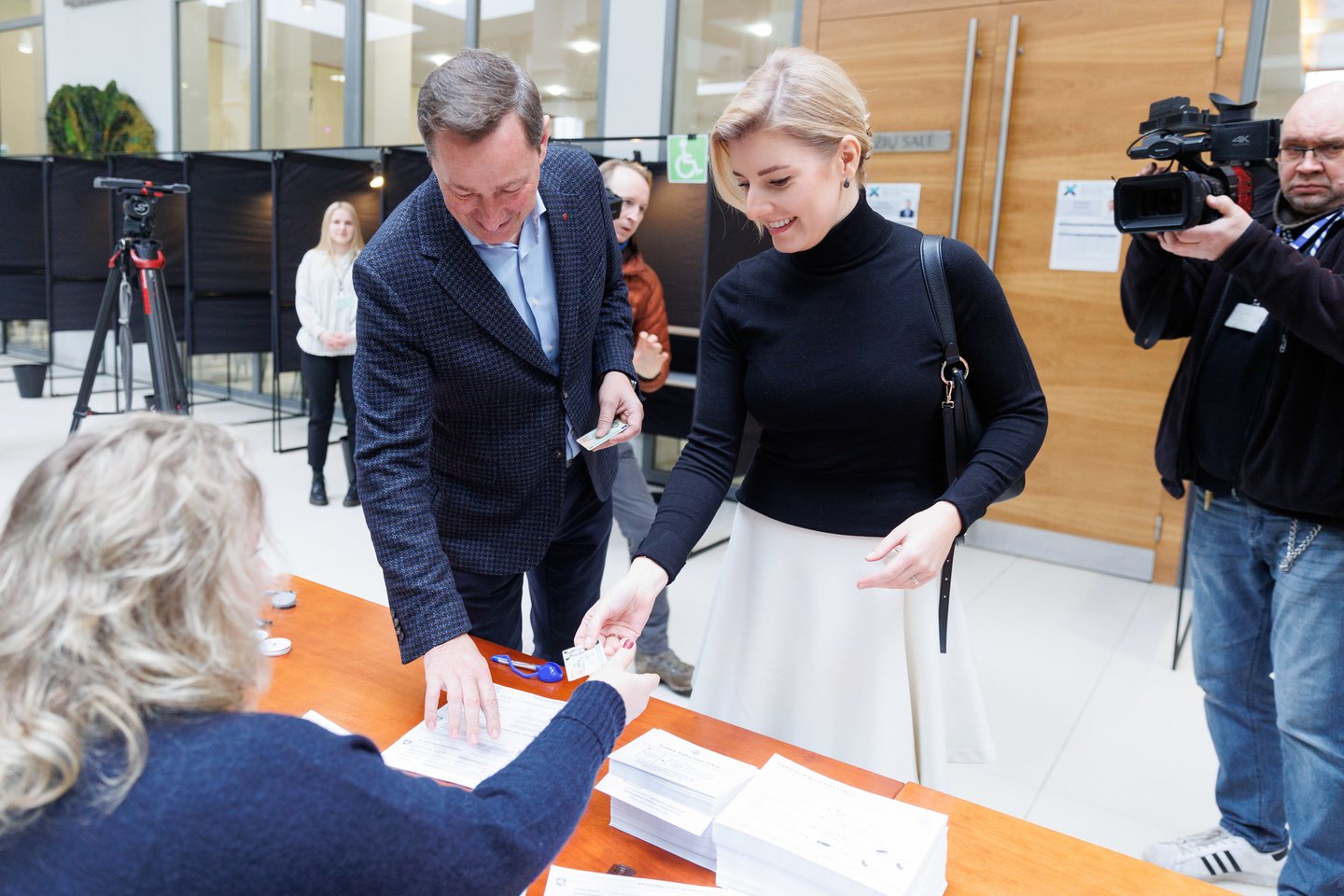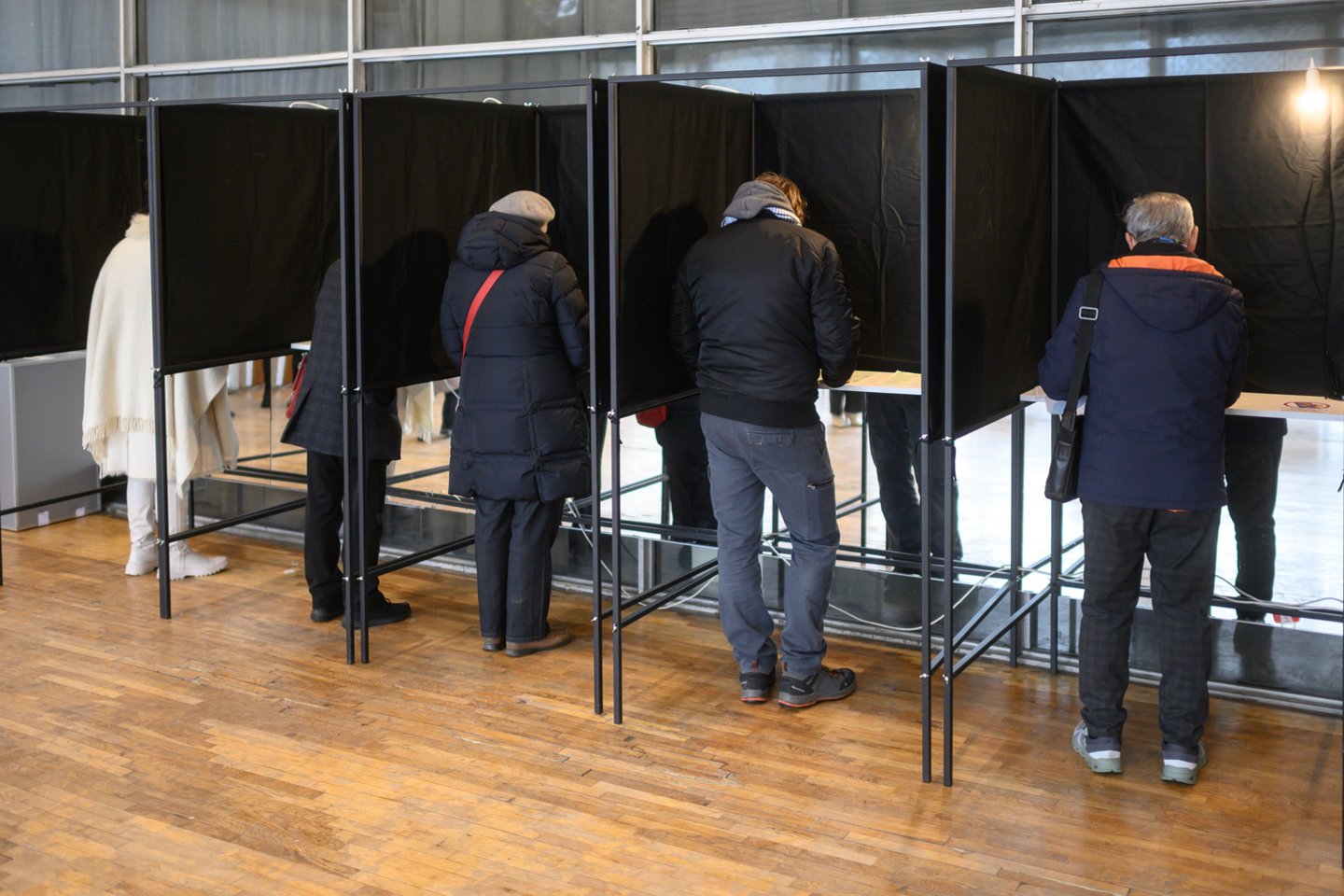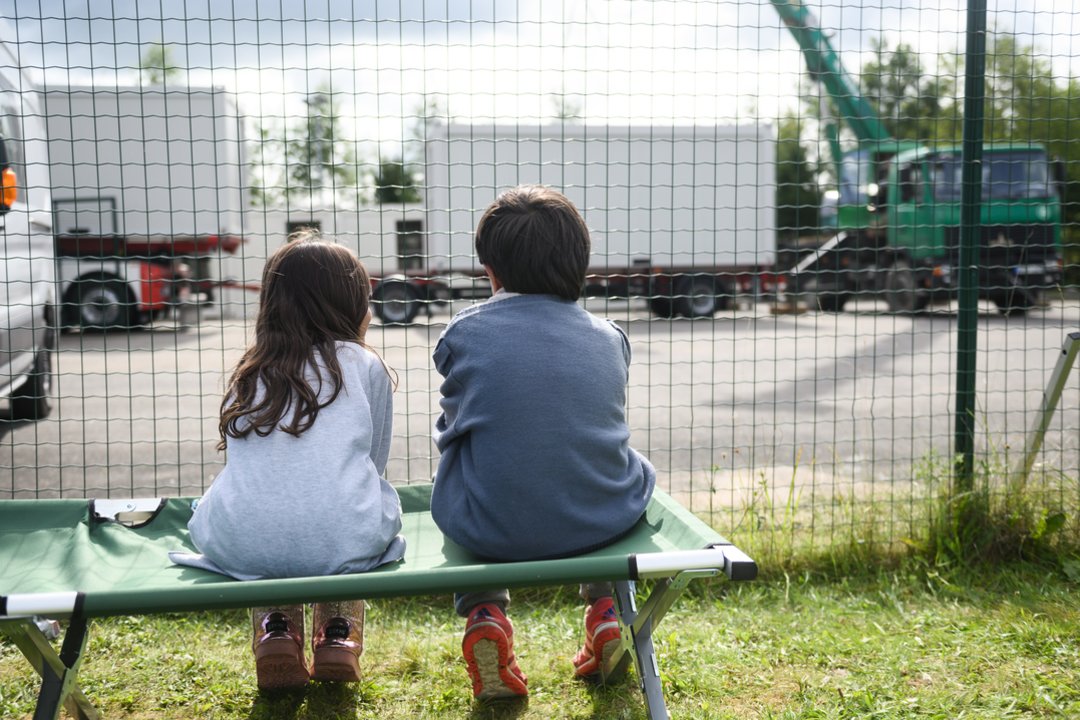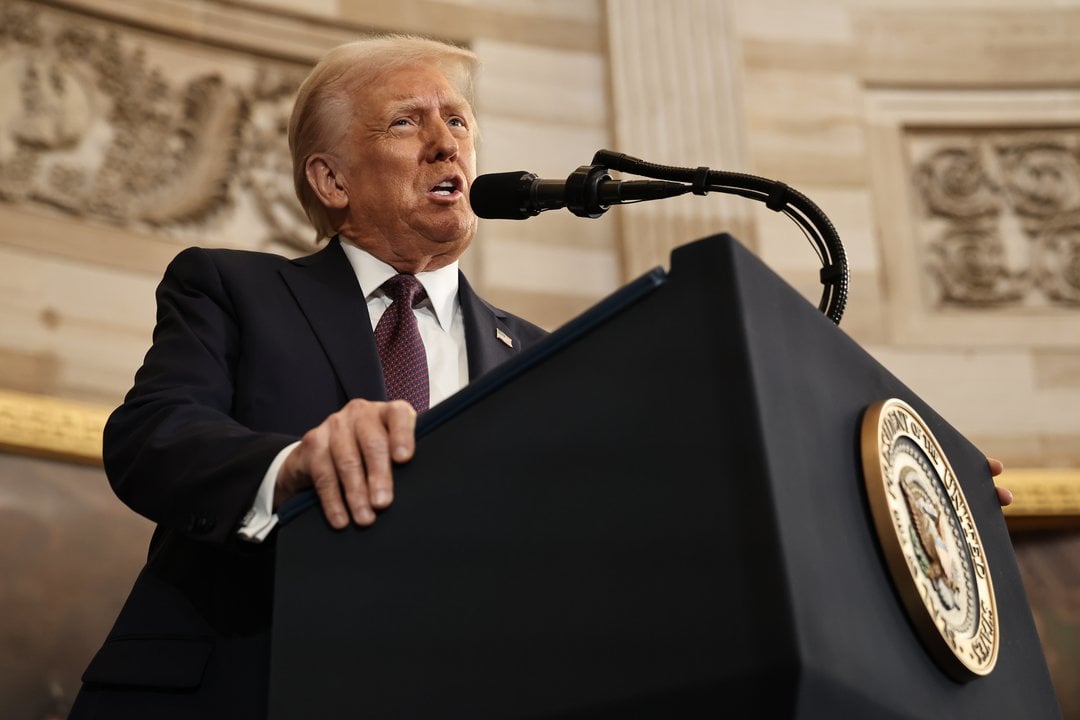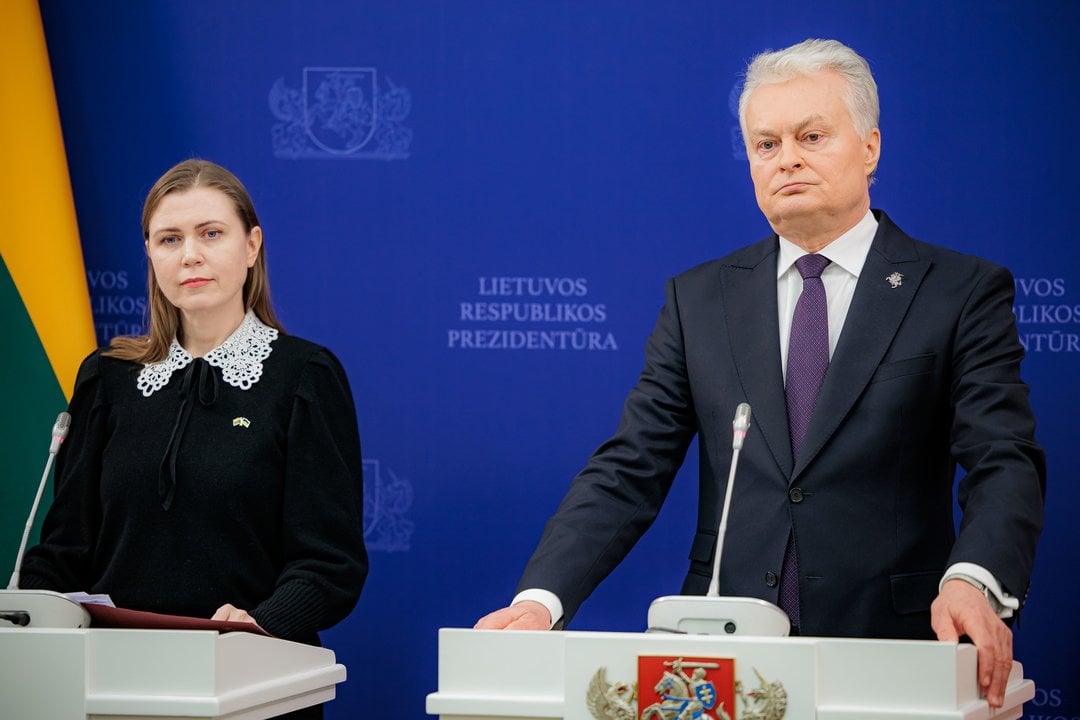Which municipalities will be the most intriguing this year?
Fierce metropolitan fights
After Kaunas residents re-elected the incumbent Mayor Visvaldas Matijošaitis by a clear majority, the mayoral runoff election will be contested by only two major cities – Vilnius and Klaipėda.
The mayoralty of Vilnius will continue to be contested by Valdas Benkunskas, the candidate of the Homeland Union-Lithuanian Christian Democrats (TS-LKD), who won 30.79% of the vote, and Artūras Zuokas, the candidate of the party Freedom and Justice, who won 21.40%.
In Klaipėda, the leader of the committee „Faithful to Klaipėda“, Arvydas Vaitkus, received 23.56% of the votes, and the Conservative candidate, Member of the Seimas, Audrius Petrošius, received 20.45% of the votes.
Even though the gap between V.Benkunskas and V.Zuokas in the second round of the mayoral elections in Vilnius is much bigger than between A. Vaitkus and A.Petrošius in Klaipėda, it is easier for political analyst Gabrielė Burbulytė-Tsiskarishvili to predict the outcome of the mayoral elections in Klaipėda.
The political scientist from Klaipėda University (KU) is convinced that the voters of Remigijus Žemaitkaitis, who is in third place, will definitely not vote for the conservative candidate A.Petrošius in the second round.
„10,000 votes of the third-placed R. Žemaitkaitis is a very large number of voters, considering the number of voters in Klaipėda City Municipality. Whichever way we look at it, and if we look at the intensified campaign of A. Vaitkus and his committee, there is little chance for A.Petrošius – I don't see this changing“ – assessed G.Burbulytė-Tsiskarishvili.
At the same time, the political analyst would not shrug off the victory of V.Benkunskas, who won the most votes in the first round of the Vilnius mayoral elections, in the second round, as she believes that A.Zuokas has a chance of collecting the votes of the voters whose candidates did not make it to the runoff round.
The biggest intrigue
While the biggest surprise of this year's mayoral elections is often the Vilnius district, where the candidate of the Lithuanian People's Electoral Action – Christian Families Union (LPA-LCA-Christian Families Union), Waldemar Urban, did not manage to snatch a victory in the first round of the elections, Burbulytė-Tsiskarishvili sees the biggest intrigue in Visaginas and Anykščiai.
„For me personally, the biggest intrigue is not the Vilnius district, but Visaginas and Anykščiai. The question is how the voters will be affected by all the vicissitudes that have been going on until Sunday – the withdrawals of candidates, the returns, and the voters' willingness to vote for the former third place, which suddenly rises to the second place.
It will be very interesting to see how many people turn out to vote in total, which could cut through the turnout very strongly. I wonder what those who do turn out will choose – will they choose the returned candidates, or will they try to protest? The political scientist reflected that we have a whole new thing that should be in the spotlight“.
„It will be a litmus test to see how voters feel about such loopholes in the law, how they react, whether they care about the reputation of candidates (...) Based on the mood of the voters, it will be possible to extrapolate that mood to the whole of Lithuania,“ she added.
Meanwhile, the political analyst said whether Social Democrat Robert Duchnevič, who won 24.84% of the vote in the first round, will be able to defeat Urban, who was nominated by the LLRA-KŠS and won 46.63% of the vote, in the Vilnius district mayoral elections will depend on how successfully he manages to mobilise voters from other political forces.
„The election campaign for Duchnevič is active, and we can definitely see support not only in the Vilnius district but also outside it. The main question is how we will actually manage to mobilise all the satisfied and dissatisfied voters.
We have a lot of voters who talk a lot but do not go to the polls. We are well aware that the Poles have so far been able to mobilise their electorate. How we manage to mobilise and mobilise those voters who did not vote in the first phase will determine the outcome. However, I would not hold out much hope that we will be able to overcome those who have been mobilised for many years“, the political scientist reflected.
„However, the fact that there is already a candidate put forward by a traditional party who has been able to resist is already a major achievement“, she added.
The fiercest battles
Although this year's municipal elections were marked by a record number of mayors elected by a landslide in the first round, in some municipalities, the first and second-place candidates are separated by just a few percentage points or a few hundred votes.
In the Telšiai district, the candidate nominated by the Lithuanian Social Democratic Party (LSDP) with the highest number of votes, Tomas Katkai (21.39%), and the candidate of the People's Union of Justice and Freedom (21.11%), Algirdas Bacevičius, who came second (21.11%), are separated by just 0.28% or 45 votes.
The situation is similar in the Zarasai district. In the first round of the elections, the Social Democratic candidate Nikolai Gusev received 27.14% of the vote, while the Liberal Movement candidate Nijolė Guobienė received 26.75%. Thus, Gusev won the first round by just 29 votes.
Unlike in Panevėžys City Municipality, where the re-elected Mayor Rytis Mykolas Račkauskas swept the competition with 62.37% of the vote, in Panevėžys District Municipality, the candidates will fight it out in the second round for every vote.
In the first round, the LSDP candidate Antanas Pocius got 30.45% of the vote, while Edmundas Toliušis, a candidate of the Lithuanian Peasants and Greens Union (LVŽS), got 29.65%.
Algirdas Vrubliauskas, the mayor of Alytus district, who is seeking a fourth term in office, also failed to repeat the success of the re-elected mayor of the city of Alytus, Neris Cesiulis, who won 69.49% of the votes in the first round.
In Alytus district, Vrubliauskas (37.21%), nominated by the Homeland Union-Lithuanian Christian Democrats (TS-LKD), will face the candidate of the Democratic Union „In the Name of Lithuania“, Rasa Vitkauskienė (25.72%).
In the first round, Vrubliauskas managed to get only 202 votes more than the challenger Rasa Vitkauskiene.
In Kaišiadorys, the incumbent mayor, conservative Vytenis Tomkus (25.18% of the vote), and the Liberal Movement candidate Šarūnas Čėsna (23.64% of the vote) will face each other in the second round.
In Kėdainiai, the mayoralty will be contested by the Labour Party's nominated Member of the Seimas Viktoras Fiodorovas, who received 25.58% of the votes in the first round, and the incumbent mayor of Kėdainiai, the Social Democrat Valentinas Tamulis, who received 23.19% of the votes. 472 votes separate the candidates.
Political analyst G.Burbulytė-Tsiskarishvili believes that such a small gap between the candidates in the second round is a positive sign that there is competition among politicians in the municipality.
„The more competition there is, the smaller the gap is, which means that the candidates are forced to try harder. The harder they have to work, the better for the voter – which means that politicians will fight for every vote.
One might think that in this case, they would make more promises, but on the other hand, it also means that the voter is more demanding and will not let the elected candidate relax“, the political scientist believes.
Lack of competition
However, the political scientist notes that in a large number of municipalities in Lithuania, the parties are not able to „grow“ leaders who are able to create serious competition for the leading candidate.
Burbulytė-Tsiskarishvili identifies the elections in Klaipėda and Šiauliai district municipalities as the second round of the elections, where there will be no real struggle between the first and second-place candidates.
„It is good that a lot of voters' confidence is being gathered, but apparently, there is something in these municipalities that does not produce leaders. There is hardly any fight,“ the political scientist said.
In the Klaipėda district, the incumbent mayor, state farmer Bronius Markauskas, who won 48.99% of the vote in the first round, and liberal Justas Ruškys, who won 18.76% of the vote, will stand in the second round.
In the first round of the Šiauliai District, the Deputy Mayor of the current mayor, the peasant Česlovas Greičius, won the first round by a large margin (48.79%) and will fight in the second round against the Social Democrat Darius Simonavičius, who won 10.77% of the votes.
Ildefonsas Petkevičius, the incumbent Mayor of Kelme and candidate of the Freedom and Justice party (49.70% of the vote), who narrowly lost the first round, will compete in the second round of the elections against Stasys Jokubauskas, a Social Democrat, who won 15.15% of the vote in the first round.
The mayor of Kupiškis will be contested in the second round by the incumbent mayor Dainius Bardauskas, who received 40.85% of the votes in the first round, and the candidate of the State party Vidmantas Paliulis (25.34%).
The incumbent mayor of Lazdijai district, Ausma Miškinienė, also has a significant lead over her rival, having won 43.66% of the votes in the first round. In the second round, she will be challenged by the candidate Artūras Margelis (28.32% of the vote), nominated by the Christian Union.
Already in the first round of mayoral elections, 10 Social Democrats, four Liberal Movement, two Conservatives, one Democrat, one Freedom and Justice, one LLRA-KŠS and one Mayor nominated by the Party of Regions were elected.
Electoral committees nominated another six elected mayors.

